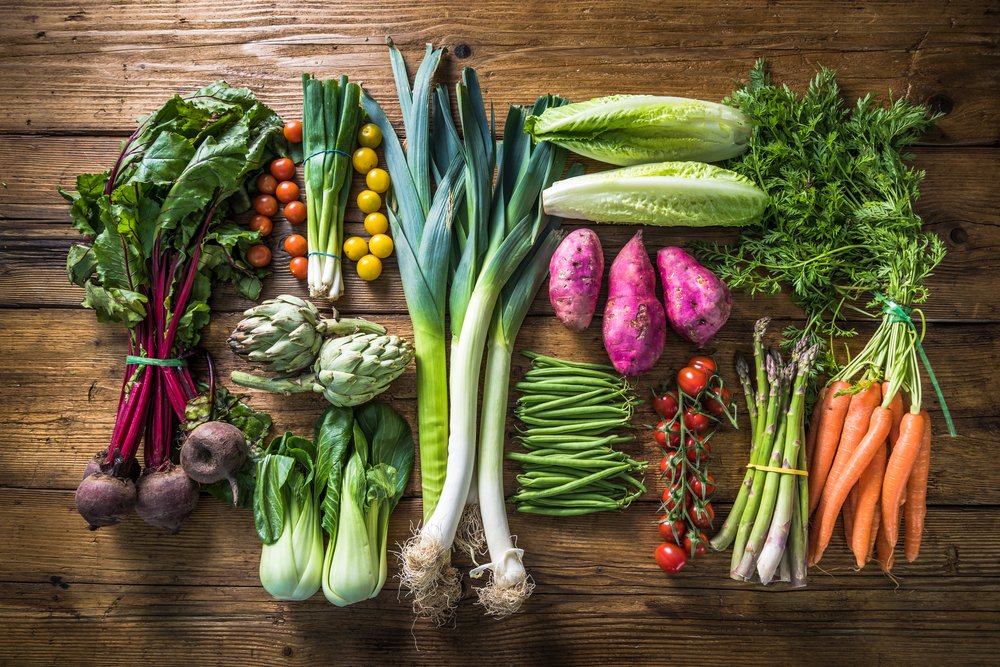
Nutrition and Cancer: Can you “starve” cancer?
Dominant cancer theory is based on genetics: that is why Angelina Jolie had a double mastectomy – she showed positive for a genetic mutation deemed the breast cancer “gene.” There are also other theories (and case histories of miraculous remission) that beg to differ with cancer as a fatalistic “you were born with it” idea. Different theories (with a base in discoveries as early as the 1930s) are popping up more and more in articles about how we live and what we can do to REVERSE our risk for cancer. The concept that we can turn cancer causing genes on or off and prevent cancer with lifestyle changes continues to pop up in the health media.
One school of thought gaining steam is that of Dr. Otto Heinrich Warburg. Warburg won the Nobel Prize in 1933 and 1941 for his research on cancer. His theory was that cancer happens because the cells are fermenting sugar as a fuel source instead of using oxygen (the preferred option). Specifically, he found that sugar feeds tumors and he hypothesized that to shrink a tumor you should starve it of this very substance. While this fell out of favor and dominant theory continues to point towards genetic mutation, the new research based on this old idea is promising. “Warburg revival has allowed researchers to develop a hypothesis for how the diets that are linked to our obesity and diabetes epidemics — specifically, sugar-heavy diets — may also be driving cells to the Warburg effect and cancer.” It is likely that sugar and cancer may be prevalent theory five to ten years from now.
It is important to remember that most types of cancer develop slowly over the years. More and more research is pointing to the fact that cancer happens because people have been eating poorly and living an unhealthy lifestyle for years and THEN they get cancer. Overall lifestyle (even from a young age) is the most important factor to minimizing cancer risk.
Some nutrition and lifestyle mantras to REVERSE cancer risk:
- Avoid sugar as much as possible
- Sweetened beverages
- Soda (even artificially sweetened)
- Don’t smoke
- Avoid anything with corn syrup
- Stay a healthy weight “BMI”
- Avoid processed foods
- Processed meats
- Processed oils, trans fats, canola oil, and vegetable oils
- Refined “white” carbohydrates
- Find an activity you enjoy and get some movement every day
- Eat a variety of veggies (non starchy as much as you can) and antioxidant rich foods
- Eat smart fats (please see the end for further reading about fats)
- Olives and olive oil
- Coconuts and coconut oil
- Butter made from grass fed organic milk
- Cacao butter
- Raw nuts like macadamia, and pecans
- Seeds like black sesame, cumin, pumpkin, and hemp
- Organic pastured egg yolks
- Avocados
- Grass fed meats
- Wild caught fish like salmon
- Lard, tallow, and ghee (try and see if these agree with your system)
- Animal based omega 3 fat like krill oil
- Purslane
- Watch alcohol consumption (be as moderate as you can)
- Watch out for hormone therapy
- Find ways to manage stress
- Get outside every day and expose yourself to sunlight and fresh air
- Protect your skin from sun overexposure
Additional reading about eating healthy fats:
- Nutrition and Physical Degeneration by Weston A. Price, DDS
- The Primal Blueprint by Mark Sisson
- Nourishing Traditions by Sally Fallon with Mary Enig, PhD
Curious about how you can live healthier? Contact us for a consultation about how to adjust your lifestyle to prevent cancer and other diseases.


